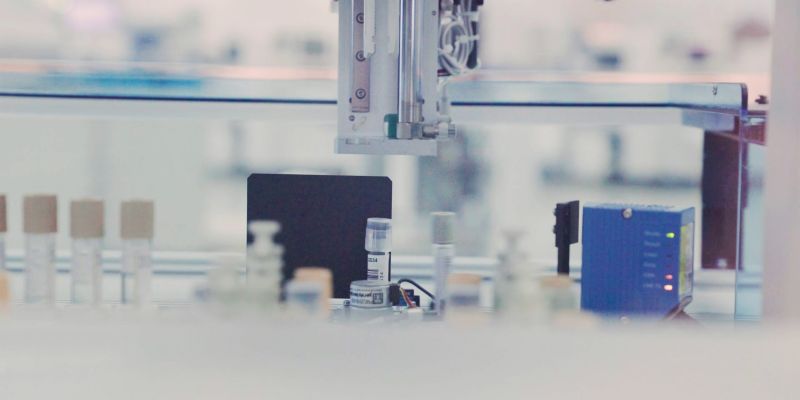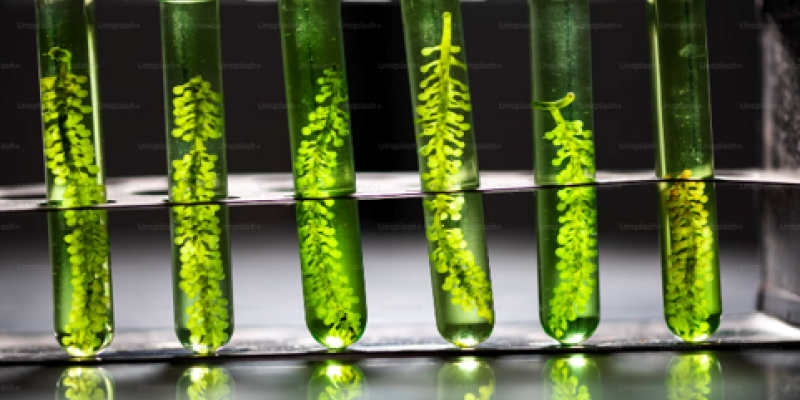Regenerative agriculture & economy
Regenerating natural systems
Reducing emissions
Allowing flora and biodiversity
Humanity is facing big challenges, but we believe that they can be solved if we act now
Without urgent action to mitigate and adapt to climate change, impacts like extreme weather, biodiversity loss, health risks, economic crisis, etc. will continue to worsen, leading to more severe consequences for both natural and human systems
40% of farmland is degraded meaning it has partly or fully lost its ability to support life. If nothing is done to stop the degradation of farmland, the global consequences could be severe, affecting food security, biodiversity, the economy, and even social stability
According to the World Health Organization (WHO) antimicrobial resistance (AMR), including antibiotic resistance was responsible for an estimated 1.27 million direct deaths globally in 2019. Additionally, AMR was associated with approximately 4.95 million deaths that year.
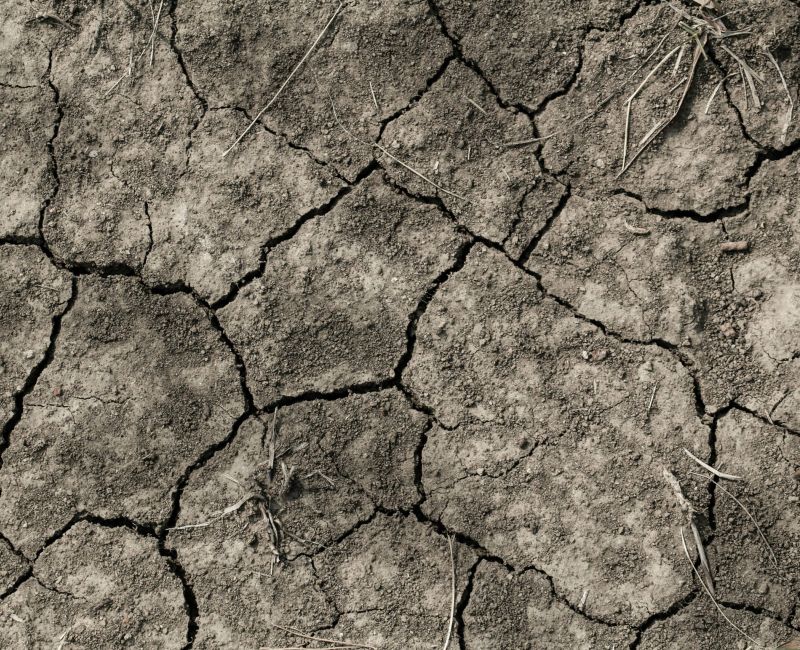

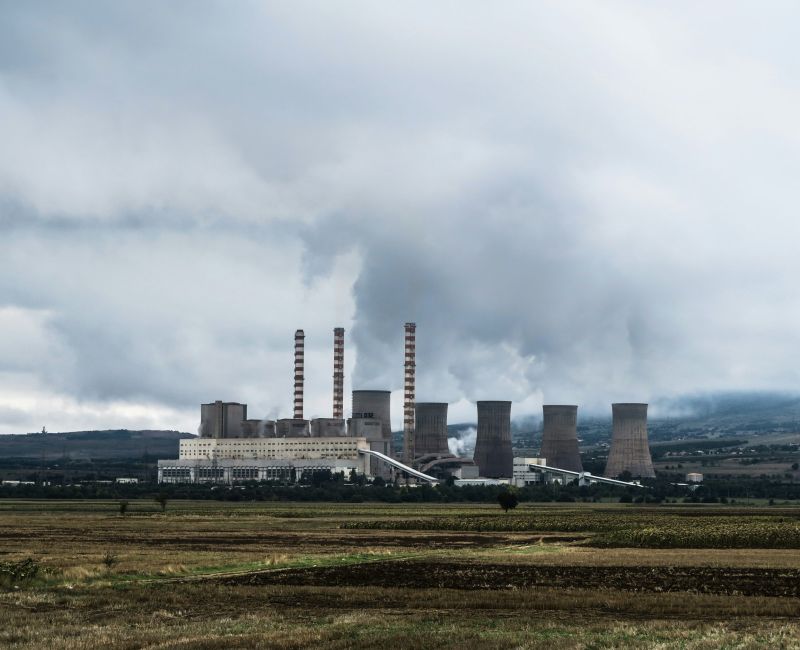

Pioneering the future of regenerative agriculture
-
Goes beyond sustainability
-
Actively restores and replenishes natural systems
-
Cutting-edge biorefinery technology
-
Ensuring long-term economic resilience
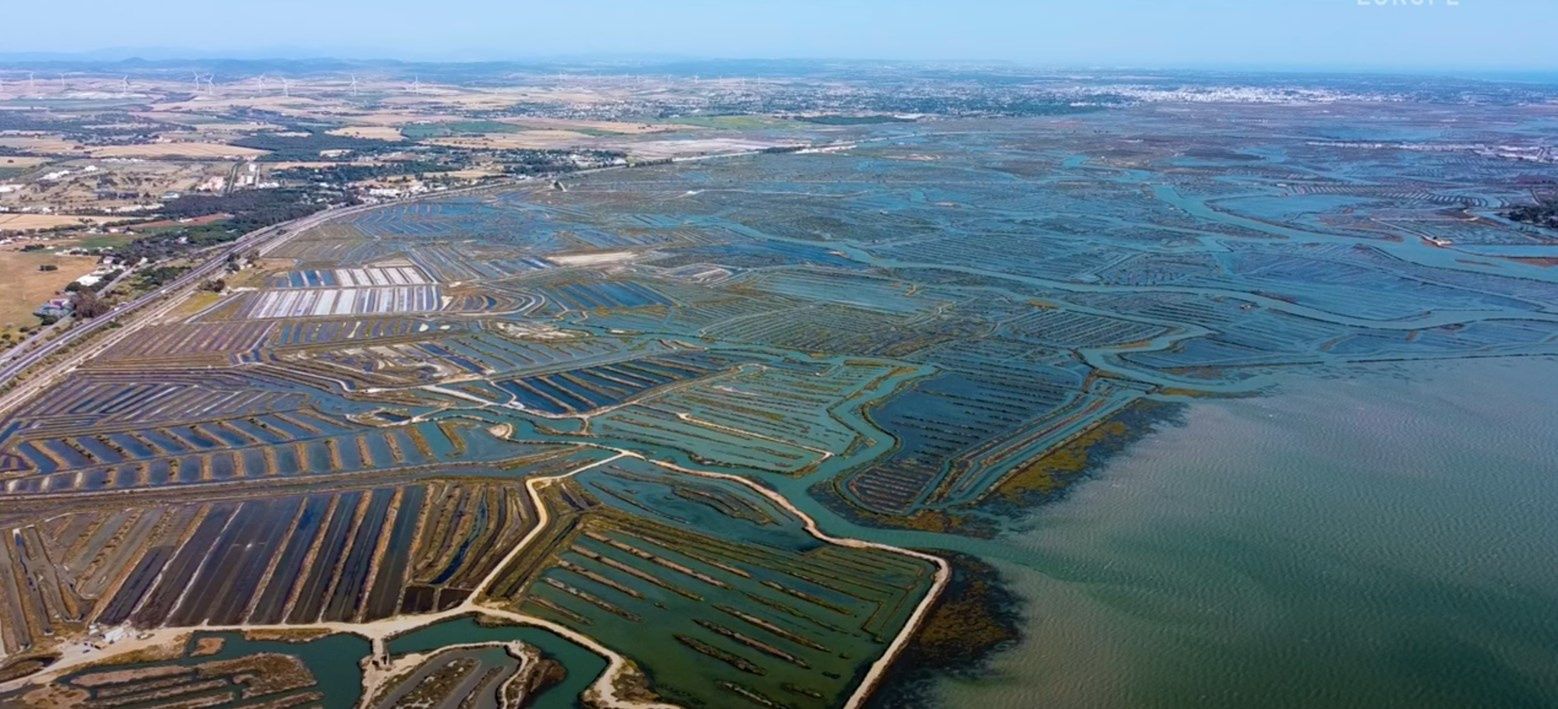
Going beyond sustainability
Regenerative agriculture and economy is vital because it goes beyond sustainability by actively restoring and replenishing natural systems. Unlike traditional models that deplete resources, a regenerative approach helps rebuild ecosystems, improves soil health, and reduces carbon emissions. This not only supports biodiversity but also ensures long-term economic resilience by creating systems that thrive without exhausting the planet’s resources. By shifting to a regenerative economy, we can meet today’s needs while securing a healthy, balanced future for generations to come.
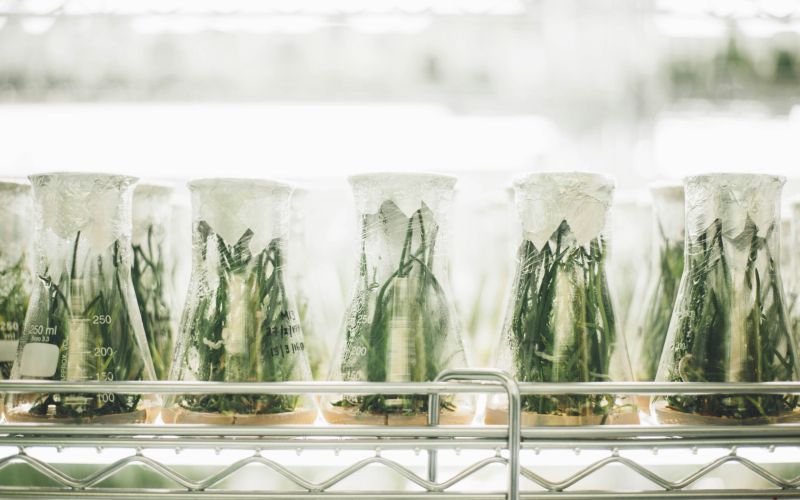
Reshaping how industries and agriculture operate
At Halorefine, we are pioneering the future of regenerative agriculture and industry through cutting-edge biorefinery technology. Our innovative processes harness the power of regenerative biomasses, transforming them into high-value products that support a healthier planet. By pushing the agenda on regenerative agriculture, we aim to create systems that restore and revitalize ecosystems while producing resources efficiently and sustainably. With a vision to reshape how industries and agriculture operate, Halorefine is committed to reducing environmental impact, fostering circular economies, and contributing to a resilient and regenerative future for all. Together, we can build a better world through innovation, sustainability, and regeneration.

Is regenerative economy the same as circular economy?
While the circular economy is concerned with the present and the minimising waste within existing systems, the regenerative economy takes a longer-term perspective, aiming to transform fundamental relationships between humans and the environment. It’s about “building nature”.
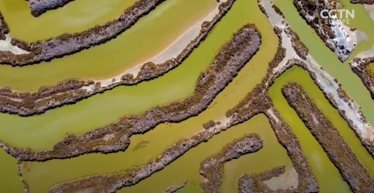
Want to know more?
Are you interested in learning more? You can find more about our very own biorefinery and technology, aswell as potential products & markets.

